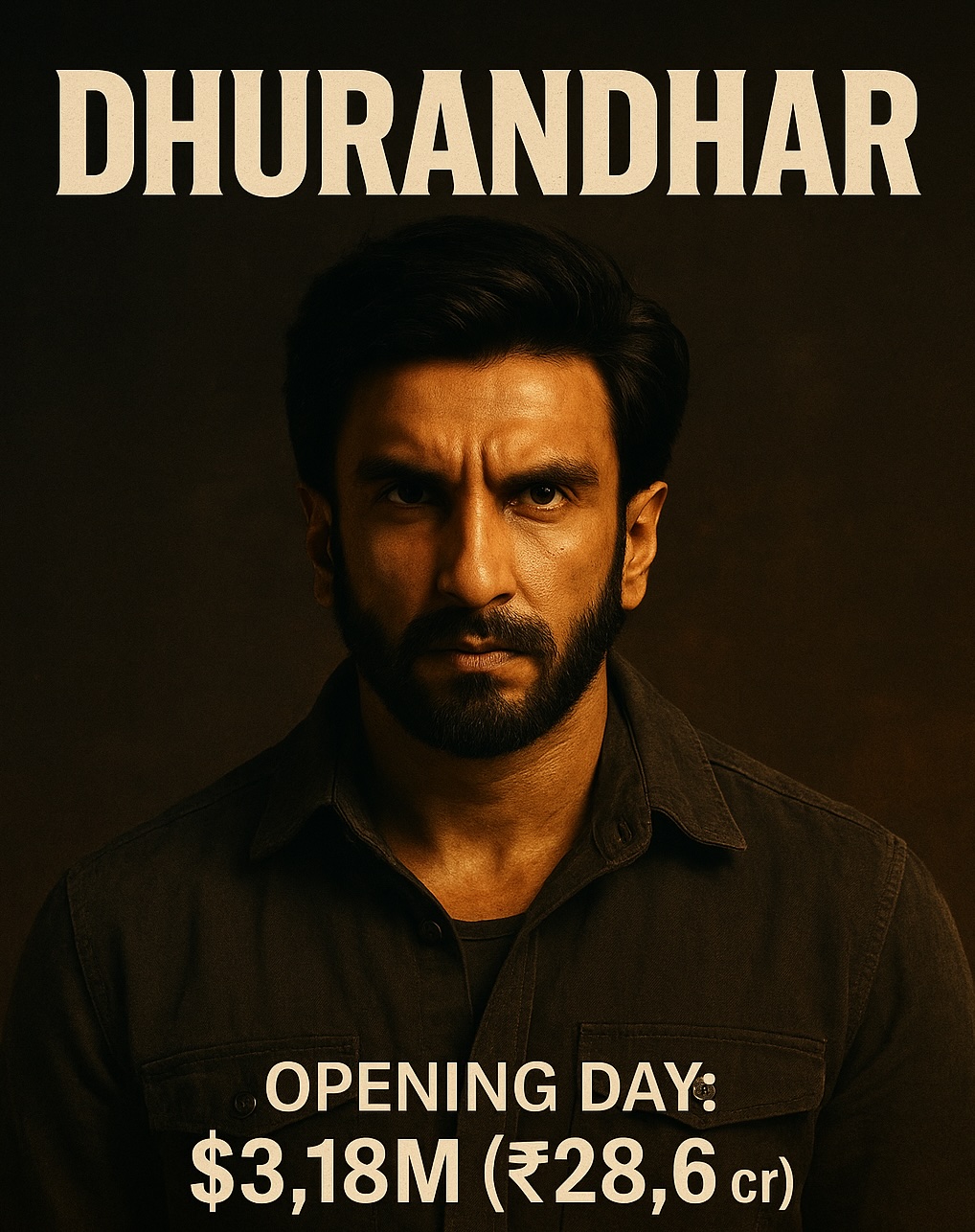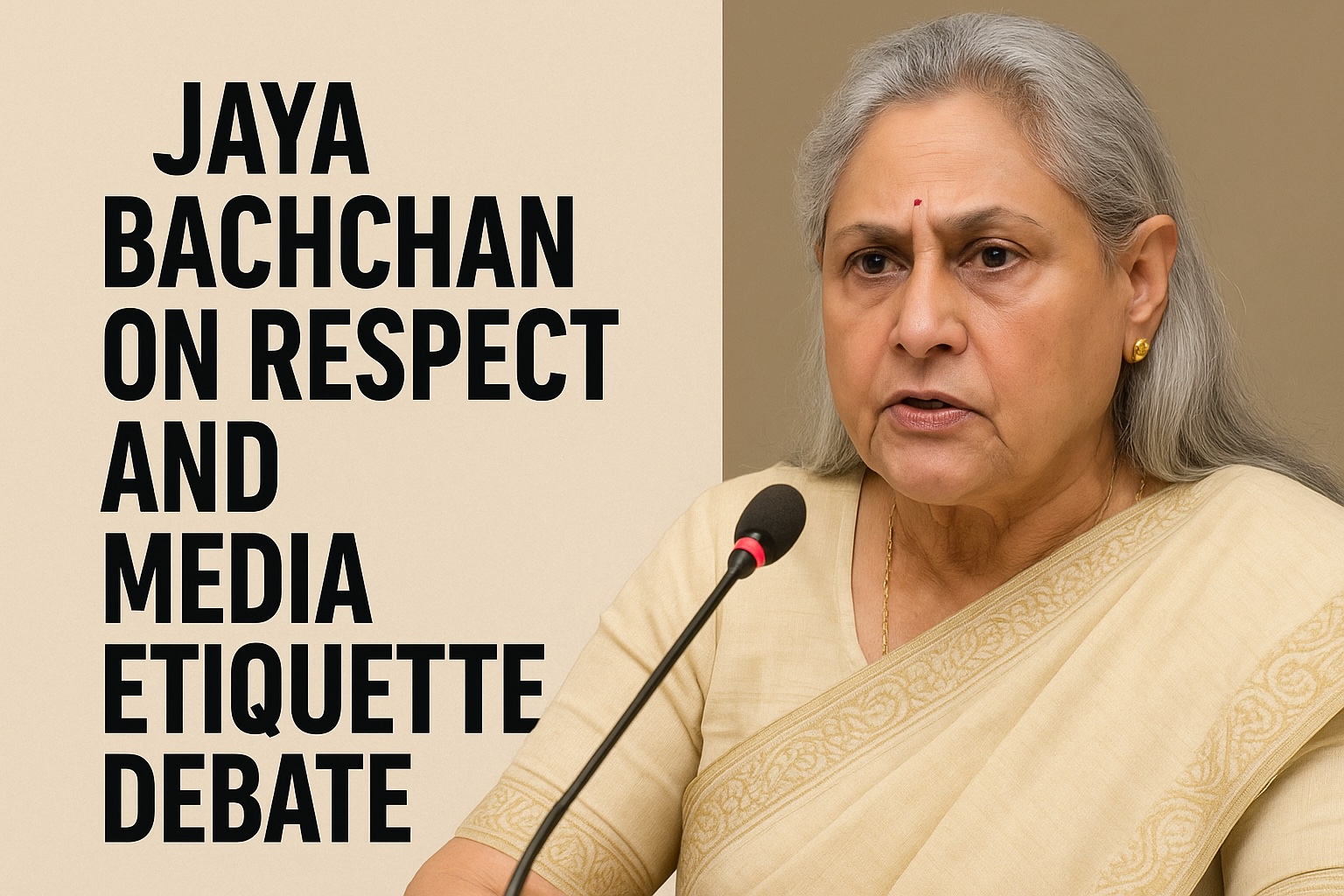“For some reason my two “neglected children” Silsila and Lamhe remain my favourites. I’m specially proud of Lamhe. I don’t know why it didn’t succeed at the box office, maybe it was ahead of its time. But it got me the biggest critical acclaim of my career. Silsila was the first film on extra-marital relations to have broken the barriers between offbeat and mainstream cinema. Some films are destined to succeed in retrospect.”
“This was the case with Guru Dutt’s Kaagaz Ke Phool. On release it was a disaster. Today it’s a classic. Our business may be called showbiz. But we owe more to society than mere entertainment. We have to make films that would wean audiences away from their mindsets regarding cinematic entertainment. When I look back on my career, I feel God has been kind to me. Of course I worked hard to get where I am. But more than that, there’s a power that has got me here.”
Many of your critics say your cinema is insulated against reality?
“I don’t agree. Whether it’s arranged marriages, man’s battle with the machine age, corruption in the public sector… they’re all there in my films. My 1960s’ hit Waqt is considered an escapist entertainer. But it was actually a film about man’s destiny and how it cannot be controlled. In recent times social content including patriotism has become a formula.”
“The man on the street has become blasé about corruption. I decided to make films on the one theme that can never get outdated, namely human emotions and human relationships. Somewhere there’s a love story unfolding at every given point.”
“I decided to give a new twist to the emotion called love in my films. If I can touch even one person’s heart in any corner of the world I’m a happy filmmaker. Whether laughing or crying audiences should feel good while watching my films.”
“As for social content my very first film Dharamputra in 1961 addressed itself to the sensitive issue of communal relations. It sparked off disputes between Hindus and Muslims. Theatres were threatened with bomb scares. To assure that nothing went wrong my film’s leading man Shashi Kapoor, my friend Deven Verma and I personally attended the first show at Mumbai’s Maratha Mandir. Such gestures went a long way in building a bond between the Yash Chopra banner and the distributors-exhibitors.”
Audiences’ expectations
“At that time I was judged as B R Chopra’s younger brother. Then in 1973 I was again nervous as a school-boy during first day of school when I branched out on my own to produce and direct Daag. I knew I was doomed if it failed. I remember the first trial show 12 days before release. People praised me. But I could see the hesitation about the controversial subject — a man with two wives.”
“And my leading man Rajesh Khanna had as many as 8 flops prior to Daag. But to my relief, the film was a superhit on the first day. God has continued to be on my side.”
Lata Mangeshkar and Yash Chopra
“Lataji has always been so kind to me. She can never say no to me. As long as I am there and she’s there she’ll continue to sing for my films. And if we’re creating history in Veer-Zaara by reviving the melodies of Madan Mohan 30 years after his death, how can she not be there? And she’s sung like an angel.”
“That a lady of 75 can sing like this is unbelievable. Unhone hamari jaan nikal lee. Woh log khush-naseeb hain jinhe Lataji ke saath aaj bhi kaam karne ka saubhagya mil raha hai. People call her an avatar of Goddess Saraswati. When others sing they follow music, but when she sings, music follows her. I truly believe that. When she sang for Dhool Ka Phool the first film I directed, I was in awe of her. Today I’m much closer to her. But the awe remains. I’m a very small player in the story of the Indian film industry. She’s given so much more. Today the two of us have come together with lyricist Javed Akhtar to pay a homage to one of our greatest music composers.”





